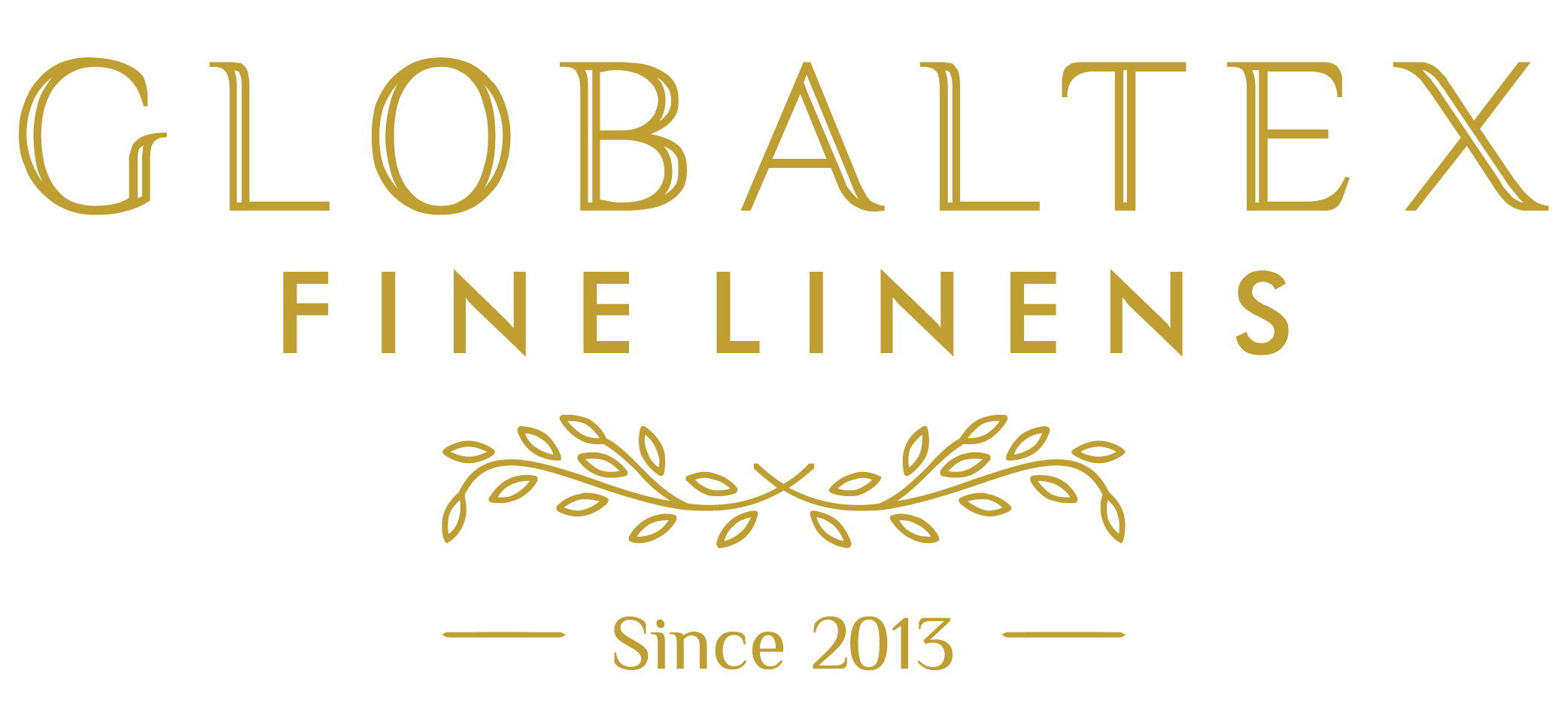El algodón es una fibra natural muy apreciada por su suavidad, transpirabilidad y versatilidad. Pero ¿sabías que hay una gran diferencia entre las sábanas de algodón orgánico en las que te encanta acurrucarte y la camiseta de algodón que usas todos los días? Comprender la diferencia entre el algodón orgánico y el algodón tradicional puede ayudarte a tomar decisiones informadas sobre la ropa que usas y la ropa de cama que llevas a tu hogar.
Cultivando la comodidad: el cultivo tradicional del algodón
Los métodos tradicionales de cultivo del algodón existen desde hace siglos. Si bien producen un alto rendimiento, a menudo dependen de:
Pesticidas químicos: pueden dañar a los insectos beneficiosos y contaminar las fuentes de agua.
Fertilizantes sintéticos: si bien promueven el crecimiento, pueden degradar la salud del suelo a largo plazo.
Alto consumo de agua: el algodón es un cultivo sediento y los métodos agrícolas tradicionales pueden ejercer presión sobre los recursos hídricos.
Hacia lo ecológico: los beneficios del algodón orgánico
La producción de algodón orgánico prioriza la responsabilidad ambiental y social. Así es como se distingue:
Métodos naturales: La agricultura orgánica se basa en métodos naturales de control de plagas y fertilizantes orgánicos para nutrir el suelo y las plantas de algodón saludables.
Consumo reducido de agua: Las prácticas de agricultura orgánica a menudo utilizan menos agua en comparación con los métodos tradicionales.
Mejora la salud del suelo: al evitar el uso de productos químicos nocivos, la agricultura orgánica promueve ecosistemas de suelo saludables.
Prácticas laborales éticas: Las certificaciones de algodón orgánico a menudo se centran en prácticas laborales justas y el bienestar de los trabajadores.
Beneficios más allá de la sostenibilidad
Las ventajas del algodón orgánico se extienden más allá de la responsabilidad medioambiental:
Más suave y delicado: el algodón orgánico suele ser más suave y delicado con la piel, lo que lo hace ideal para quienes tienen piel sensible o alergias.
Hipoalergénico: La ausencia de residuos químicos en el algodón orgánico puede minimizar las reacciones alérgicas.
Durable y de larga duración: el algodón orgánico puede ser tan duradero como el algodón cultivado tradicionalmente, lo que garantiza que su inversión dure.
Cómo elegir: algodón orgánico o algodón tradicional
En última instancia, la elección entre el algodón orgánico y el algodón tradicional depende de tus prioridades. A continuación, te indicamos algunos aspectos que debes tener en cuenta:
Impacto ambiental: Si la conciencia ecológica es importante para usted, el algodón orgánico es el claro ganador.
Sensibilidad de la piel: si tienes piel sensible, las propiedades hipoalergénicas del algodón orgánico podrían ser un factor decisivo.
Presupuesto: El algodón orgánico suele tener un precio ligeramente superior. Sin embargo, los posibles beneficios para la salud y la mayor vida útil pueden hacer que valga la pena invertir en él.
Sea cual sea su elección, comprender la diferencia entre el algodón orgánico y el algodón tradicional le permitirá tomar decisiones informadas para su bienestar y el del planeta. Globaltex Fine Linens ofrece una amplia selección de sábanas, toallas y otros textiles de algodón orgánico de alta calidad. ¡Explore sus colecciones y descubra la comodidad y la sostenibilidad que ofrece el algodón orgánico!





